I want to get the number of pipelines that passed that are happening within my gitlab repo. I am trying to get the total number of data points within a 4w(1 month). I am using grafana to see the data visually. I first start getting the points individually and start counting them manually and checking them them in our repo pipeline to make sure they match which they do.
query=pipeline_status{branch="master", status="success", source!="schedule", passed_with_warnings="no",project_repo="nik"}
Note: These query gives the 22 data points they were run and how long they ran for
EDIT:
I wanted to count the number of pipeline status within that day, so I queried for with a step of 1d
count(pipeline_duration{branch="master", status="success", source!="schedule", passed_with_warnings="no",project_id="930"}[1d])OR vector(0)
This shows the correct 22 data points within that month period (3/20 - 4/20)

Now when I add a count to my query for a 4 week step doesn't match. I should expect to see 22 data points, but graph seems off.
query=count(pipeline_status{branch="master", status="success", source!="schedule", passed_with_warnings="no",project_repo="nik"}[4w])OR vector(0)'

